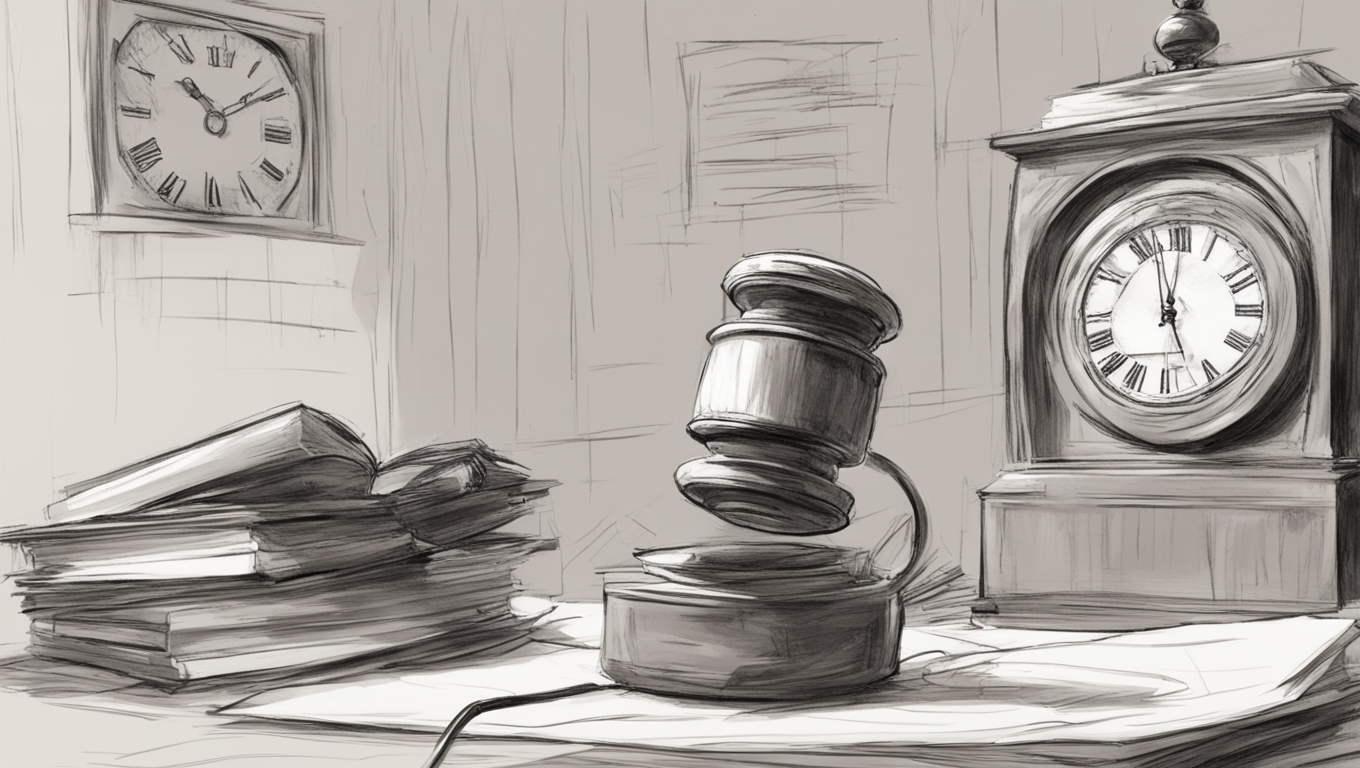In a bid to defend democracy and combat the growing threat of deepfakes, the Indian government has set a deadline for social media platforms to take action. The Centre has given these platforms seven days to align their policies with Indian regulations and address the spread of deepfake content. Failure to comply with these regulations could result in legal action under the current IT Rules.
Deepfakes, which are highly realistic manipulated videos or images created using artificial intelligence, have become a major concern globally. They can be used to spread misinformation, harm an individual’s reputation, or even manipulate public opinion. The Indian government is taking proactive measures to prevent such incidents and protect its democracy.
Minister of State for Electronics and IT Rajeev Chandrasekhar emphasized the importance of removing deepfake content promptly upon receiving user complaints or reports from government authorities. Rule 3(1)(b) of the IT Rules mandates the removal of 12 types of content within 24 hours. Failure to comply with this requirement could invoke Rule 7, which allows aggrieved individuals to take legal action against social media platforms under the provisions of the Indian Penal Code.
Chandrasekhar further urged individuals affected by deepfakes to file First Information Reports (FIRs) at their nearest police stations, assuring that the IT Ministry would assist in the filing process. This highlights the seriousness with which the Indian government views deepfakes and its commitment to protecting its citizens.
Union IT Minister Ashwini Vaishnaw echoed Chandrasekhar’s sentiment, stating that India is considering drafting new regulations specifically targeting deepfakes and other potential harm caused by artificial intelligence. Vaishnaw expressed the need to strengthen trust in society and safeguard democracy from the dangers of deepfake technology. He acknowledged the understanding and cooperation of social media companies in addressing this issue and stated that the drafting of regulations will soon begin.
The new regulations will focus on improving the reporting mechanisms for individuals to report deepfake content and ensuring that social media companies take proactive and timely actions. The government aims to work closely with these companies to develop effective strategies and measures to combat this growing threat.
This move by the Indian government highlights its commitment to defending democracy and protecting its citizens from the harmful effects of deepfake technology. With the deadline set and the drafting of new regulations underway, it remains to be seen how social media platforms will respond and what measures they will implement to curb the spread of deepfakes. The government’s proactive approach and collaboration with stakeholders show a determination to stay ahead of the curve and safeguard the integrity of India’s democracy.
As Union IT Minister Ashwini Vaishnaw prepares to meet with social media companies next month to further discuss this issue, the importance of addressing deepfakes cannot be overstated. The threat they pose to societal trust and democratic processes requires urgent action and robust strategies to ensure the protection of individuals' rights and the integrity of public discourse.
In the words of Vaishnaw himself, “We need urgent steps to strengthen trust in society and to protect our democracy from deepfakes.”





Use the share button below if you liked it.